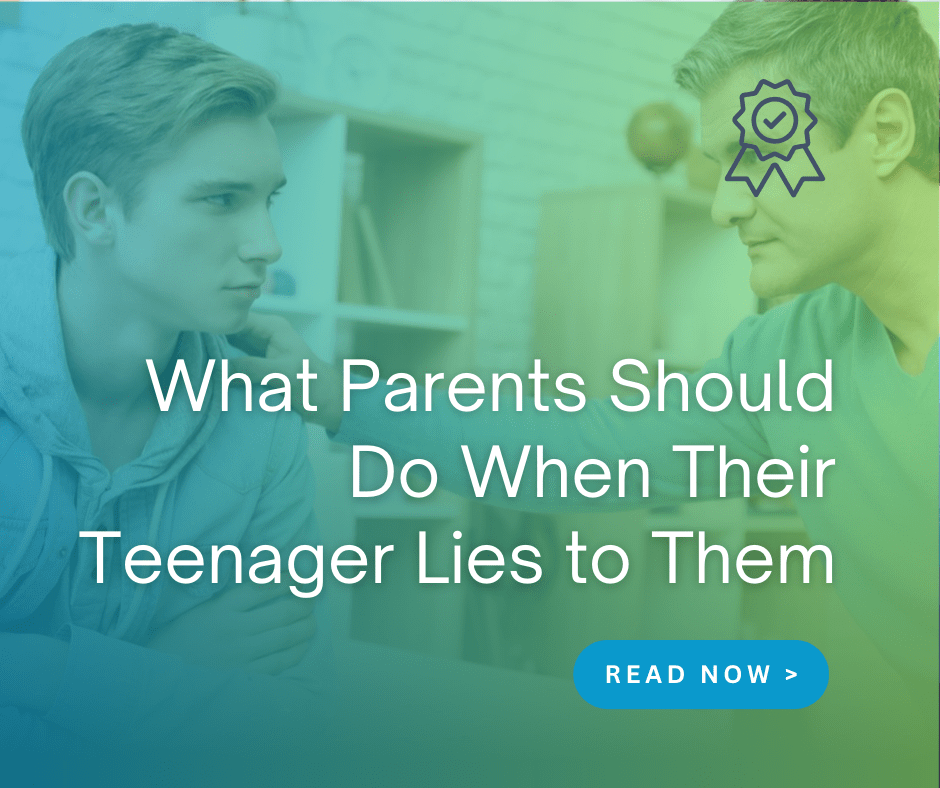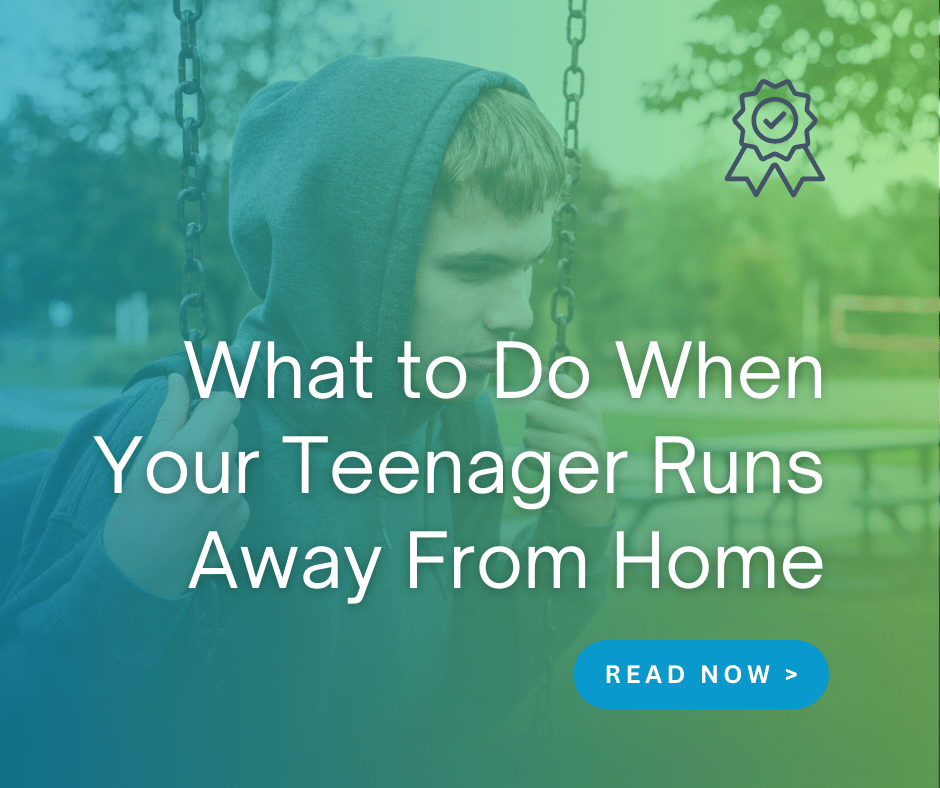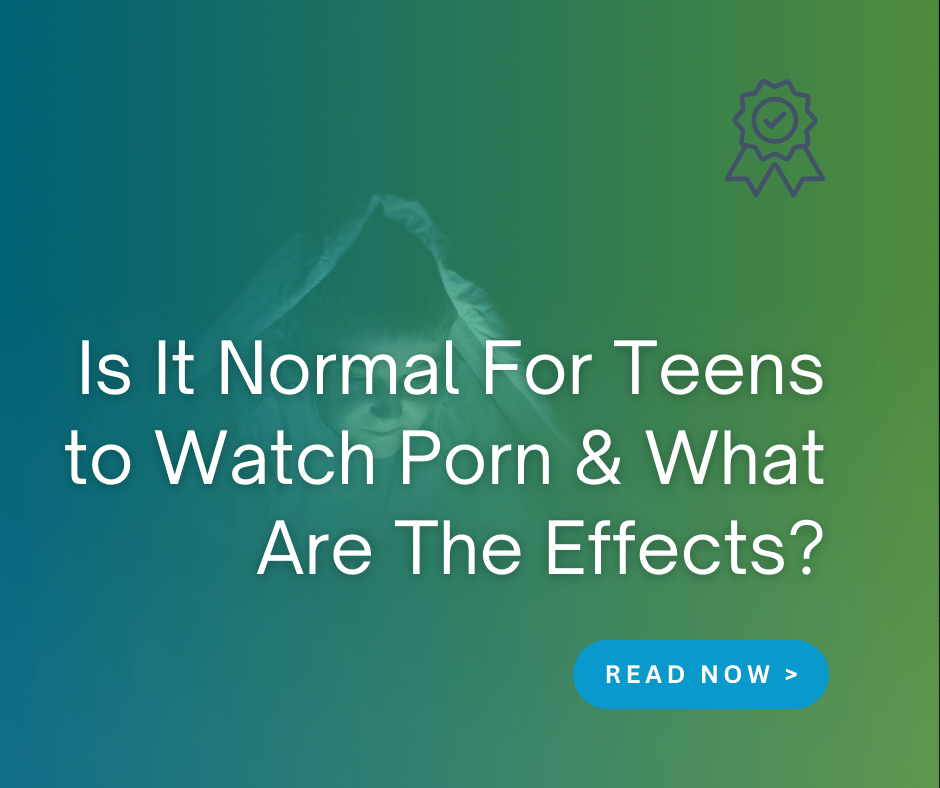Over the past two and a half years, everyone from politicians to public health officials to teachers to family, friends, and peers gave parents of teens an endless stream of free, unsolicited advice. Parents heard from all sides – including dozens of articles on our Parent Tips and Advice page – that the pandemic and related public safety measures would cause an increase in teen depression, teen anxiety, and teen behavioral disorders. That means that as we enter our new normal, mental health treatment for teens should be a priority for any family with a teen who shows signs of a mental health disorder.
This article will discuss the signs and symptoms of the most common mental health and behavioral disorders in teens, review the best-known evidence-based therapeutic approaches for treating those disorders, and close with a brief list of resources that can help any parent of a teen who needs mental health treatment get the support they need.
First, we’ll offer the basic statistics on the mental health and behavioral disorders that appear most often in the teen population: anxiety, depression, and attention-deficit hyperactivity disorder (ADHD). To clarify, anxiety is considered a mental health disorder under a general diagnostic category called anxiety disorders (AD), depression is a considered a mental health disorder under the general diagnostic category called mood disorders, and attention-deficit hyperactivity disorder is a considered a behavioral disorder under a general diagnostic category called attention disorders. The clinical criteria for diagnosis of these disorders appears in The Diagnostic and Statistical Manual of Mental Disorders, Fifth Edition (DSM-V).
For an overview of the increase in mental health disorders among teens during the pandemic – and the increase in need for mental health treatment for teens – please read the following article on our blog:
Surgeon General’s Advisory: Youth Mental Health in 2021
Mental Health and Behavioral Disorders in Teens: Anxiety, Depression, and ADHD Statistics
Every year, the U.S. Department of Health and Human Services (HHS), and the Substance Abuse and Mental Health Services Administration (SAMHSA), publish the National Survey on Drug Use and Health (NSDUH). Alongside Monitoring the Future Survey (MTF) and information regularly posted on the websites for the Centers for Disease Control (CDC) and the National Institute on Drug Abuse (NIDA), these are the most reliable sources for data and information on mental health facts, mental health resources, and mental health statistics available.
They’re all free, and they’re they source of all the information we’re about to share.
We’ll start with the latest statistics on teen anxiety.
Teen Anxiety: Prevalence
- Among U.S. Teen Ages 12-17:
- Any anxiety disorder during their lifetime: 32.9%
- Anxiety disorder with severe impairment: 8.3%
- Generalized anxiety disorder (GAD): 2.2%
- GAD with severe impairment: 0.9%
- Panic disorder (PD): 2.3%
- PD with severe impairment: 2.3%
- Social anxiety disorder (SAD): 9.1%
- SAD with severe impairment: 1.3%
- Obsessive-compulsive disorder (OCD): 2.5%
- Severity statistics unavailable
- Post-traumatic stress disorder (PTSD): 5.0%
- PTSD with severe impairment: 1.5%
- Any anxiety disorder during their lifetime: 32.9%
Now let’s look at the latest statistics on teen depression.
Teen Depression: Prevalence
- Among U.S. Teen Ages 12-17:
- Any major depressive episode (MDE) in the past year: 17%
- MDE with severe impairment: 12.0%
- Clinical diagnosis of major depressive disorder (MDD): 6.5%
- Clinical diagnosis of bipolar disorder (BD): 2.9%
- BD with severe impairment: 2.6%
- Seasonal affective disorder (SAD): 3.6%
- Any major depressive episode (MDE) in the past year: 17%
We’ll end this section with the latest statistics on ADHD.
Teen ADHD: Prevalence
- Among U.S. Teen Ages 12-17: 9.25%
- Boys: 12.9%
- Girls: 5.6%
- Prevalence of additional mental health disorders among teens with ADHD:
- Any additional disorder: 64%
- Behavior or conduct disorder: 52%
- Anxiety: 33%
- Depression: 17%
- Autism spectrum disorder: 14%
Those are the numbers, and they tell us that each year, millions of teens receive a diagnosis for a mental health or behavioral disorder. That’s no exaggeration: the latest population data indicates there are roughly 25 million adolescents ages 12-17 in the U.S. That means that when researchers collected this data, around 8 million teens had anxiety, 4.2 million reported a major depressive episode, over half a million had bipolar disorder, and about 2.3 million had a diagnosis for ADHD.
Next, we’ll review the primary signs and symptoms for each of these common teen mental health disorders.
Signs and Symptoms of Anxiety, Depression, and ADHD in Teens
The statistics show there are millions of teens with mental health problems in the U.S. The latest warning from the Surgeon General indicates our teens are in a mental health crisis at this very moment. That’s why it’s important for all parents of teens to know they signs and symptoms of the most common mental health disorders. Successful mental health treatment for teens means early detection, and the people best situated to detect the early signs of mental health disorder in teens are their parents. Therefore, we encourage all parents to review these common indicators of mental health issues in teens.
We’ll start with the most common teen mental health disorder, anxiety.
The Signs and Symptoms of Anxiety Disorders
Generalized anxiety disorder (GAD):
- Excessive restlessness
- Feeling on edge
- Excess fatigue
- Problems concentrating
- Excess irritability
- Headaches, muscle aches, stomachaches
- Excess worry
- Sleep problems
Panic disorder (PD):
- Elevated pulse/heartbeat
- Excess sweating/sweating with no physical cause
- Unusual trembling or tingling in hands or extremities
- Chest discomfort or pain
- Unexplained sense of impending doom
- Sense of being unable to control of thoughts or emotions
Social anxiety disorder (SAD):
- Excess blushing, shaking, and/or sweating
- Elevated pulse/heartbeat
- Stomachaches/nausea
- Excess muscular tension
- Speaking in a low, quiet voice
- Inability to make eye contact
- Difficulty being around or talking to strangers
- Intense fear of embarrassment or judgment
Obsessive-compulsive disorder (OCD):
- Obsessions:
- Excess fear of contamination, dirt, or unclean things/surfaces
- Extreme problems tolerating any uncertainty in life
- Extreme needing for objects or things to be orderly and symmetrical
- Disturbing thoughts related to losing control, harming self, or harming others
- Unwanted thoughts, which may include aggression, sexual topics, or religious beliefs
- Compulsions:
- Washing hands to the point of damaging skin
- Constant, excessive checking of doors to ensure they’re locked
- Constant, excessive checking of the stove to ensure it’s off
- Repetitive counting, mostly in patterns
- Constant repetition of words or phrases to self
- Constant arranging and rearranging everyday items to meet personal criteria for orderliness
Post-traumatic stress disorder (PTSD):
- Recurring memories of traumatic events
- Re-experiencing traumatic events, a.k.a. flashbacks
- Nightmares/bad dreams about past trauma
- Severe emotional/physical reactions to anything related to past trauma
- Excessive negative thoughts about self, people, and the world
- Feelings of hopelessness
- Memory issues
- Disrupted relationships/problems forming relationships
- Sense of detachment from loved ones
- Declining interest/participation in favorite activities
- Problems experiencing positive emotions
- Overall sense of numbness, feeling emotionally “cut off” from self and the world
- Very easily startled
- Problems sleeping
- Problems concentrating
- Anger/aggression/irritability
- Excess guilt or shame
Next, let’s look at the signs and symptoms of depression in teens.
The Signs and Symptoms of Depressive Disorders
- Constant low, empty, and/or sad mood
- Declining interest in or decreasing ability to enjoy or participate in favorite hobbies, sports, and activities
- Frequent/daily crying
- Frequent/daily feelings of hopelessness or pessimism
- Excess irritability, hostility, or anger
- Constant feelings of guilt or worthlessness
- Low energy/fatigue
- Isolation
- Difficulty communicating
- Constant boredom/lack of energy
- Restlessness and agitation
- Problems with concentration, memory, and/or decision-making
- Insomnia
- Excess sleeping
- Unusual gain or loss of weight
- Thinking about, talking about, or attempting suicide*
- Physical maladies – i.e. headaches or stomachaches – with no identifiable physical cause that don’t respond to typical remedies
*If your teen or someone else is in imminent danger of harm, call 911 or go to the nearest emergency room immediately.
We’ll end this section with the signs and symptoms of ADHD in teens.
The Signs and Symptoms of ADHD
- Attention-related symptoms:
- Difficulty focusing on/remembering details and/or makes mistakes in schoolwork or other detail-oriented tasks
- Problems focusing on tasks or play
- Appears distracted when spoken to or given directions
- Problems following through on schoolwork, household responsibilities, or tasks at work
- Problems organizing tasks/activities
- Avoids tasks that require sustained focus over a time
- Often loses things necessary for tasks and activities, including items related to school like homework or books, or personal items, like glasses, wallet, or phone
- Very easily distracted
- Frequently forgetful with regards to simple daily activities/responsibilities
- Hyperactivity/impulsivity-related symptoms:
- Constant fidgeting, tapping hands, tapping feet
- Inability to sit still
- Restlessness
- Inability to participate in any activity quietly
- Always in motion with very little rest or downtime
- Excessive talking
- Excessive interrupting
- Inability to wait, in any context
Those are the signs and symptoms of the most common mental health and behavioral disorders among adolescents. It’s important for parents to put these symptoms in context, though. A rule of thumb is to pay attention to words like constant and excessive. Teenagers can be irritable, forgetful, and easily embarrassed. They may become sad over things adults don’t. None of that means they have a clinical disorder. However, when those things – sadness, irritability, etc. – become extreme and persist every day for more than two weeks, that’s when they’re warning signs of a mental health or behavioral disorder.
In those cases, we recommend parents arrange a full biopsychosocial evaluation with a licensed and qualified mental health professional who specializes in mental health treatment for teens. A mental health professional can arrive at an accurate diagnosis and refer a teenager for treatment, most likely with one or more of the therapeutic approaches we’ll discuss now.
Mental Health Treatment for Teens: Anxiety, Depression, and ADHD
We’ll proceed in the same order for treatment of these disorders as we did for their signs and symptoms. We’ll start with anxiety, then discuss depression, and finish with ADHD.
Treatment for Teen Anxiety
- Evidence shows the most effective treatment for anxiety disorders in teens is a combination of psychotherapy – a.k.a. talk therapy – and medication.
- There are three primary modes of psychotherapeutic treatment for anxiety:
- Cognitive-Behavioral Therapy (CBT)
- Dialectical Behavioral Therapy (DBT)
- Exposure Response Prevention Therapy (ERPT)
- There are two types of medications commonly used to treat anxiety in teen and adults:
- Anxiolytics, a.k.a. anti-anxiety medications
- Anti-depressants
To learn more about treatment for teen anxiety, please read our article “Anxiety Treatment for Teenagers.”
Next, let’s look at the latest evidence-based treatments for teens with depressive disorders.
Treatment for Teen Depression
Like anxiety, evidence shows the most effective treatment for depressive disorders is a combination of psychotherapy and medication, if needed. Psychotherapy may occur in individual sessions, group session, or family sessions. Treatment for depression also often includes complementary supports and lifestyle modifications.
- Individual therapy for teen depression:
- Dialectical behavior therapy (DBT)
- Cognitive behavioral therapy (CBT)
- Mindfulness based cognitive behavioral therapy (MBCBT)
- Group therapy for teen depression:
- Group CBT
- Group DBT
- Family therapy for teen depression:
- Multi-family groups
- Parenting groups
- Mindfulness-based stress reduction:
- Meditation
- Yoga
- Complementary supports:
- Experiential therapies:
- General exercise
- Outdoor activities
- Expressive therapies, which may include:
- Visual art
- Writing
- Music
- Dance
- Drama
- Medication:
- Antidepressants
- Experiential therapies:
To end this section on evidence-based mental health treatment for teens, we’ll share the latest therapeutic approaches to treating ADHD.
Treatment for Teen ADHD
The most common, effective treatments for ADHD include:
- Behavioral psychotherapy:
- Cognitive behavioral therapy (CBT)
- Mindfulness based cognitive behavioral therapy (MBCBT)
- Dialectical behavior therapy (DBT)
- Parent training in behavior management. The CDC recommends parents of teens with ADHD:
- Create predictable routines their teens can follow
- Manage their distractions
- Establish clear expectations
- Define clear outcomes for meeting expectations
- Define clear outcomes for not meeting expectations
- Follow through on the three bullet points above consistently
- Teach them how to plan
- Use positive praise as much as possible
- Behavioral intervention in the classroom, designed in collaboration with the teen and parents
- Medication:
- Stimulant
- Non-stimulant
- Lifestyle modifications:
- Exercise:
- An hour a day of moderate activity
- Half an hour a day of intense activity
- Diet:
- Avoid fast foods, red meat, processed snacks, high-fat dairy products, soft drinks
- Prioritize fish, vegetables, tomatoes, fruits, whole grains, low fat dairy products
- Exercise:
That’s the end of this section: we’ve introduced the latest, evidence-based, proven-effective treatments for anxiety disorders, depressive disorders, and ADHD. For parents who read the signs and symptoms in the preceding section and think their teen could benefit from one of the treatment approaches described in this section, the best thing to do is arrange a full biopsychosocial evaluation with a licensed mental health professional experienced in mental health treatment for teens.
At Evolve, we live by this adage: the sooner a teen with a mental health or behavioral disorder gets treatment for that disorder, the better the outcome.
We know this is true because we see the positive benefits of evidence-based treatment every day. If you’re the parent of a teen who needs mental health support, you can see those benefits for your teen, too.
Finding Help: Resources
If you’re seeking treatment for your teen, please navigate to our page How to Find the Best Treatment Programs for Teens and download our helpful handbook, A Parent’s Guide to Mental Health Treatment for Teens.
In addition, the American Academy of Child and Adolescent Psychiatry (AACAP) is an excellent resource for locating licensed and qualified psychiatrists, therapists, and counselors in your area. Both the National Institute of Mental Health (NIMH) and the National Alliance on Mental Illness also provide and high-quality online resources, ready and waiting for you right now.












